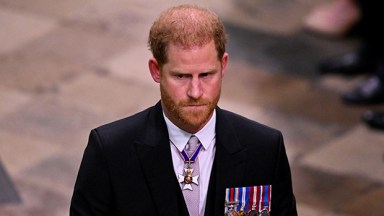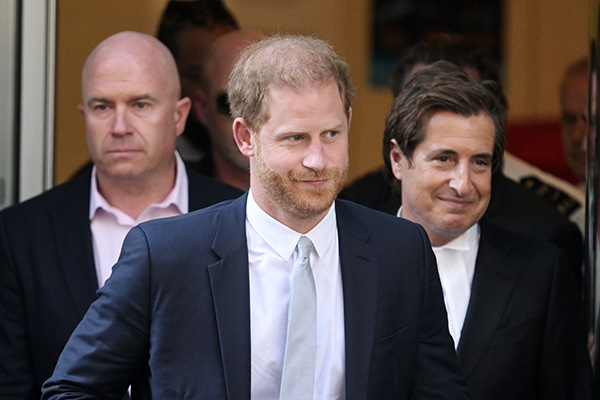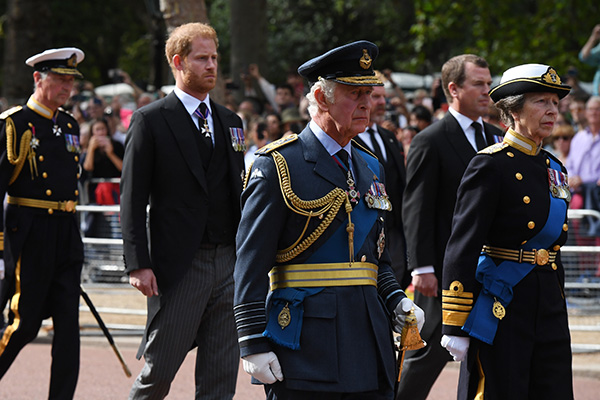
Prince Harry, 38, continues to not hold back. In his new Heart of Invictus docuseries, Prince Harry admitted that he didn’t get “support” from his family in coping with the “trauma” he experienced after Princess Diana’s death and serving in Afghanistan.
“The trigger to me was actually returning from Afghanistan, but the stuff that was coming up was from the age of… from 1997, from the age of 12,” Harry said in the second episode of Heart of Invictus, which premiered August 12 on Netflix.

He continued, “Losing my mum at such a young age, the trauma that I had I was never really aware of. It was never discussed. I didn’t really talk about it. And I’ve suppressed it like most youngsters would have done. But then when it all came fizzing out, I was bouncing off the walls.”
The Duke of Sussex admitted that his “biggest struggle” was that “no one around me could really help,” seemingly referring to the royal family. He added, “I didn’t have that support structure, that network, that expert advice to identify what was actually going on with me. Unfortunately, like most of us, the first time you really consider therapy is when you’re lying on the floor in the fetal position, probably wishing that you dealt with some of this stuff previously. That’s what I want to change.”
Prince Harry revealed that he didn’t fully work through the trauma of losing his mother at 12 until he was nearly 30. “It wasn’t until later in my life, aged 28, there was a circumstance that happened that the first few bubbles started coming out and then suddenly it was like someone shook and it went ‘poof’… and then it was chaos,” he said in the series.

King Charles III’s estranged son has been open about how the royal family, in particular his father, didn’t give him the support he craved after Princess Diana’s death in 1997. In his memoir Spare, Prince Harry claimed that his father didn’t hug him after breaking the tragic news.
“He wasn’t great at showing emotions under normal circumstances, how could he be expected to show them in such a crisis?” Harry wrote in his book. “His hand did fall once more on my knee and he said, ‘It’s going to be OK.’ That was quite a lot for him. Fatherly, hopeful, kind. And so very untrue.”


